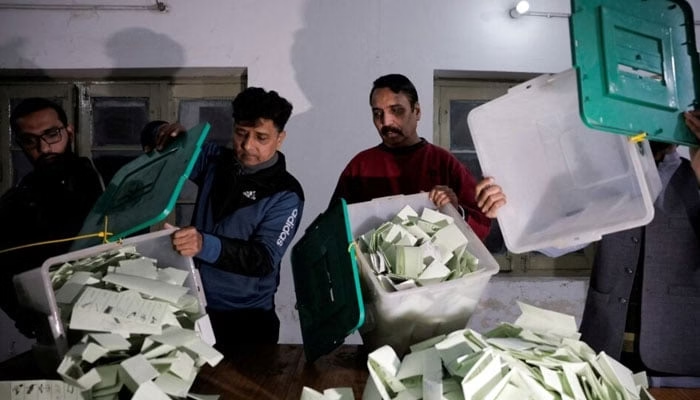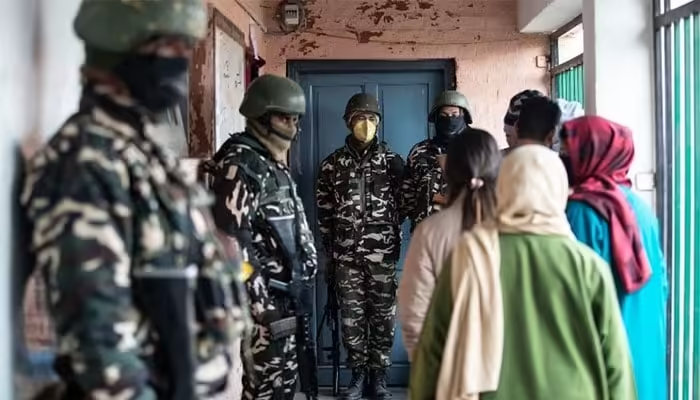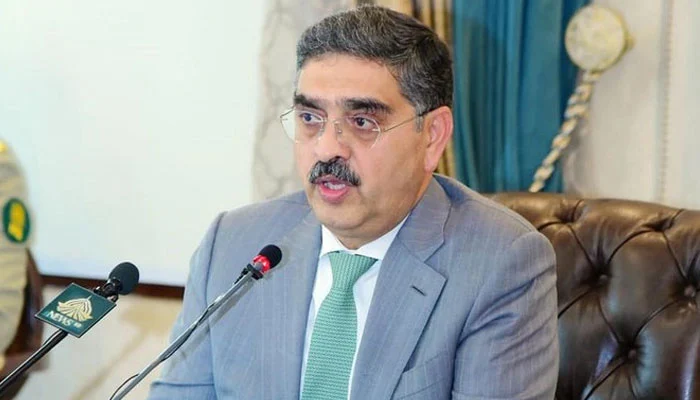The Commonwealth report on Pakistan elections has raised serious questions about the fairness of the 2024 general elections, highlighting restrictions on political rights, irregularities in results transmission, and the challenges faced by opposition parties. Released more than 18 months after the polls, the long-awaited report underscores both the shortcomings and areas of progress within Pakistan’s electoral system.
Key Findings of the Commonwealth Report on Pakistan Elections
According to the Commonwealth report on Pakistan elections, voters’ fundamental political rights were restricted during the 2024 polls. The report particularly criticised the shutdown of mobile phone services on election night, calling it a move that reduced transparency and slowed down the delivery of results.
A significant issue noted was the lack of digitally transmitted results. Instead of using secure digital platforms, election authorities relied on paper forms, which the report said created opportunities for manipulation. The observer group cited evidence suggesting discrepancies between copies of Forms 45, 46, and 47 held by party agents and those later uploaded on the Election Commission of Pakistan’s (ECP) website. In several cases, vote totals and turnout figures appeared altered.
Restrictions on Opposition Parties
The report shed light on the challenges faced by Pakistan Tehreek-e-Insaf (PTI) candidates and supporters. It noted that PTI was denied its traditional bat symbol, forcing candidates to run as independents. This, according to the Commonwealth report on Pakistan elections, undermined the level playing field and caused confusion among voters.
Moreover, the report recorded multiple accounts of PTI members being arrested, detained, and subjected to raids on their offices and homes. Such restrictions, the observers concluded, curtailed the fundamental rights of freedom of association and assembly.
Positive Developments Noted by the Commonwealth Report
While the Commonwealth report on Pakistan elections criticised several aspects of the electoral process, it also acknowledged improvements made by the Election Commission of Pakistan. Notably, there was a reduction in the gender gap in voter registration—from 12% in 2013 to 7.7% in 2024.
The report also commended the efforts of the ECP’s Gender and Social Inclusion Wing, which worked to make elections more inclusive. Initiatives like a dedicated gender hotline to report harassment, improved access for women, and youth-focused awareness campaigns contributed to higher voter participation among women and young people.
Impact on Transparency and Democracy
The observers stressed that the integrity of any democratic system relies heavily on trust in the electoral process. The Commonwealth report on Pakistan elections found that the lack of transparency in results transmission and the absence of digital safeguards weakened voter confidence.
Furthermore, restrictions on opposition parties and candidates raised concerns about whether all political actors were provided equal opportunities to campaign. Such practices, the report suggested, risk undermining the credibility of future elections unless addressed through reforms.
Recommendations for Future Elections
The Commonwealth report on Pakistan elections called for comprehensive reforms to strengthen democracy. Among its key recommendations were:
- Restoring transparency through the use of digital result transmission systems to prevent manipulation of election forms.
- Ensuring equal participation by providing all political parties with their electoral symbols and protecting their right to campaign freely.
- Safeguarding rights and freedoms, including freedom of association, speech, and assembly, which are essential for credible elections.
- Expanding inclusivity by continuing efforts to reduce the gender gap and empower youth participation.
Broader Democratic Context
Beyond technical issues, the report emphasised that improving electoral processes depends largely on the overall political environment. The observers praised Pakistan’s vibrant media, the active role of civil society organisations, and the growing involvement of women and youth in politics. However, they warned that without addressing restrictions on opposition voices, the democratic potential of the country may remain unfulfilled.
The Commonwealth report on Pakistan elections concluded with an optimistic outlook, noting that Pakistan has the resources, diversity, and institutional frameworks to strengthen its democracy. What is required now is political will and reforms that prioritise transparency, inclusivity, and fairness.
The release of the Commonwealth report on Pakistan elections has reignited debate about the credibility of the 2024 general elections. While the report acknowledges progress in inclusivity, it also highlights deep flaws in transparency and fairness that must be addressed. For Pakistan to strengthen its democratic institutions and build public trust, electoral reforms based on these recommendations will be critical.
With women, youth, and civil society already playing a stronger role, the path forward lies in creating a truly level playing field where every political party and citizen can participate equally. The report stands as a reminder that democracy in Pakistan can thrive, but only if fairness and transparency are upheld.



